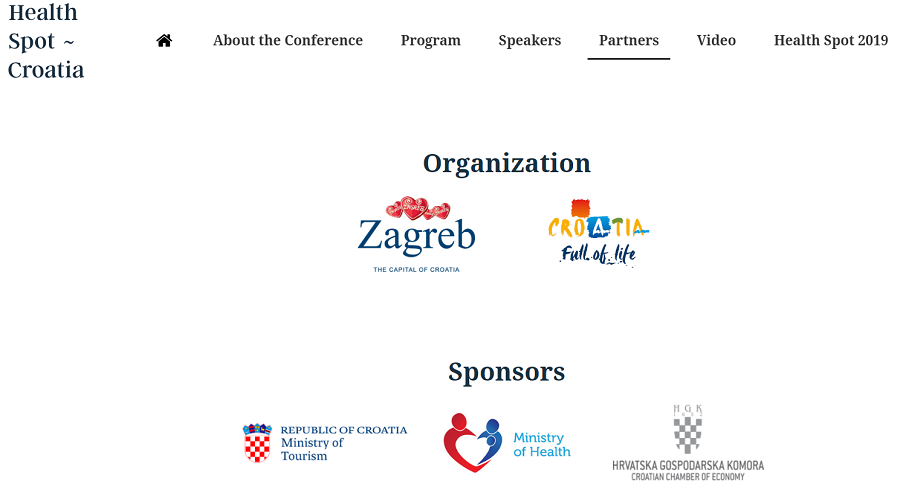March 15, 2019 - The 5th Annual Medical Tourism Conference in Zagreb took place this week, with a rich and stimulating group of international speakers. And some notable absentees.
A very stimulating week for this correspondent so far, as Zagreb served up two high-quality conferences in IT and medical tourism. If the technological vision of the future from 24 Sata's Digital Takeover conference was not enough, the presentations and panel discussions from international speakers from 22 international speakers from 13 counties at the 5th Annual Medical Tourism Conference on the 17th floor of The Westin Hotel overloaded my brain. It was a fascinating three days.
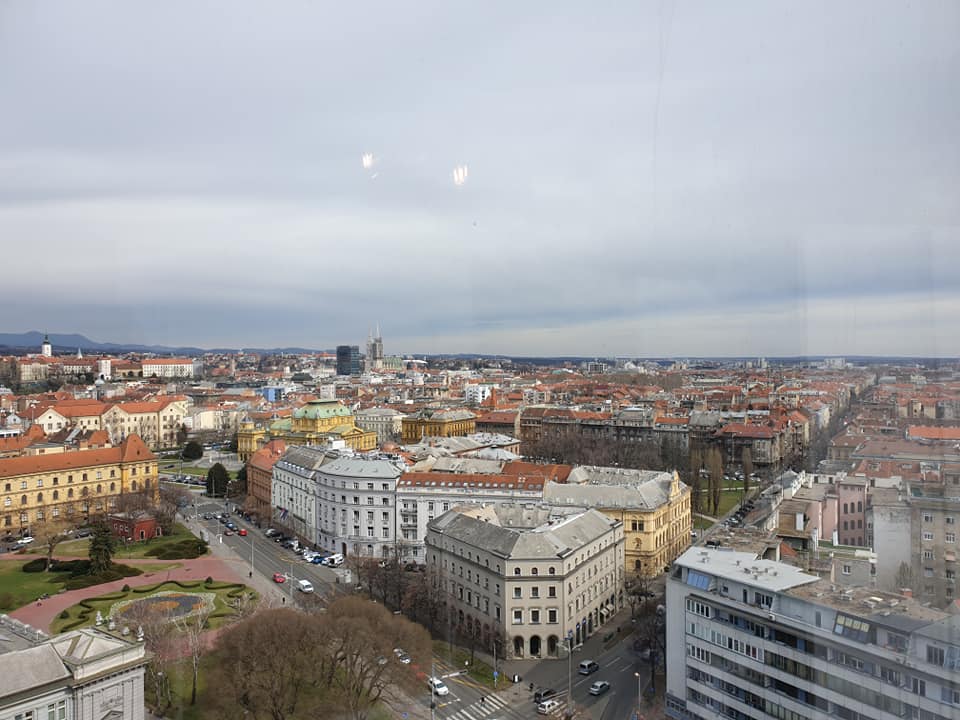
It was certainly a conference with a view. Below, the city of Zagreb, which has recently branded itself as 'Zagreb - the center of medical excellence.'
Because I am relatively new to the Croatian medical tourism world and live in Croatia, it is hard for me to gauge the global position of the Croatian health tourism industry. In addition to a chance to learn more about the industry from internationally respected experts, it is also an opportunity to find out what they think about Croatia's position and potential.
"Croatia is the new heart of medical tourism in Europe," said facilitator Daniel Coulton-Shaw in his opening remarks.
Coulton-Shaw is a man who knows the industry well, and who has built up a very successful dental tourism business from nothing in Slovakia, as well as being an international clinic mentor and the brains behind Global Clinic Ranking. He kindly agreed to an interview with TCN, which we will publish shortly.
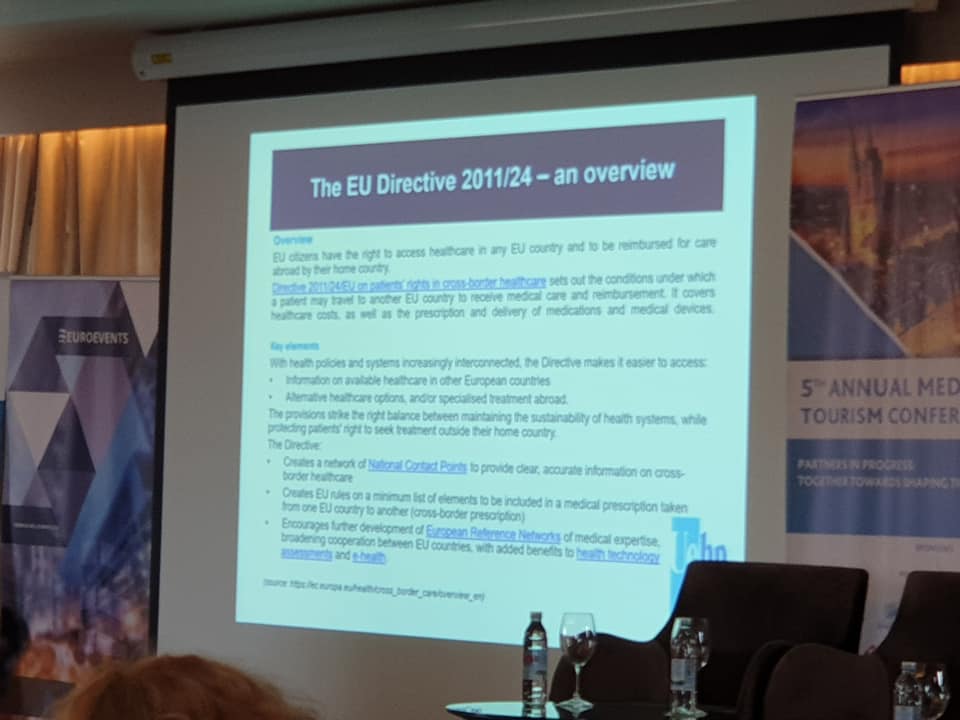
Among the many opportunities discussed over the two days, the potential of cross-border care seems to be one which Croatia and other countries could benefit from. It is not widely known that EU citizens can get their healthcare done in other member states (EU directive 2011/14, which came into force in 2013), which has the benefit of reduced waiting times and cheaper treatment. One example cited was in orthopaedics in the UK, where waiting times are three years and private treatment is among the most expensive in the world.
With its medical excellent, affordable prices and excellent reputation as a safe tourism country, Croatia is potentially the EU member state which could benefit the most.
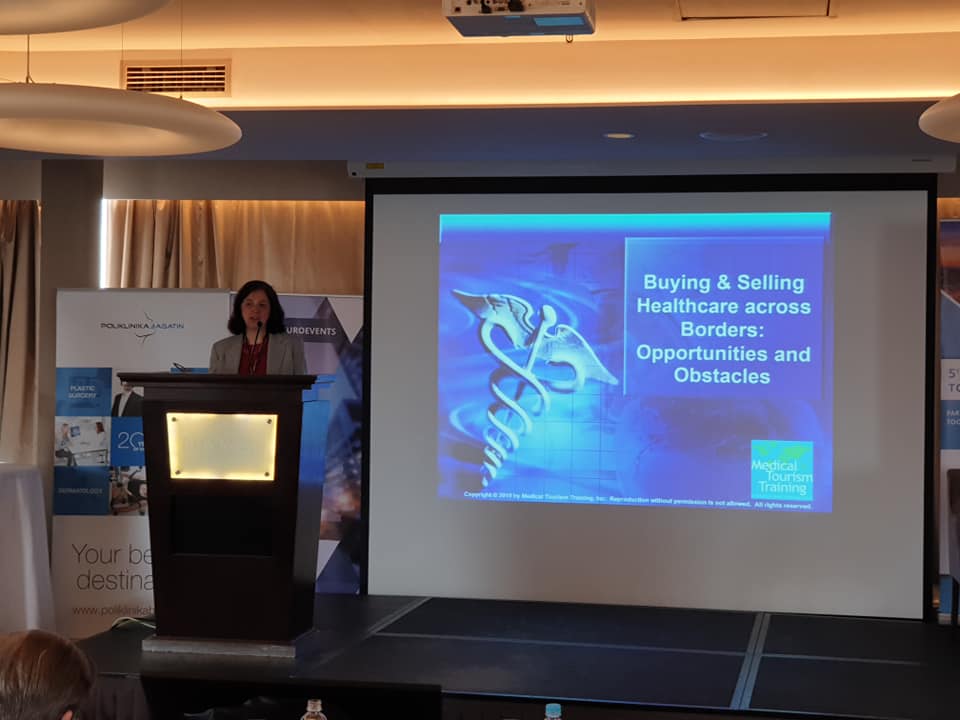
Among the many thought-provoking presentations, Elizabeth Ziemba looked at the opportunities and obstacles of buying and selling cross-border healthcare. It was fascinating to learn, for example, that companies in the UK have relationships with pharmacies in Mexico, where they fly employees to Mexico with generous per diem allowances - the savings on prescription costs make the saving tenfold. Or that Finland and (from memory) now have an e-prescription agreement to allow something similar.
Once such cross-border initiatives develop fully, the potential for boosting the Croatian medical tourism industry and the economy as a whole is immense.
If Croatia learns how to take advantage of the opportunity.
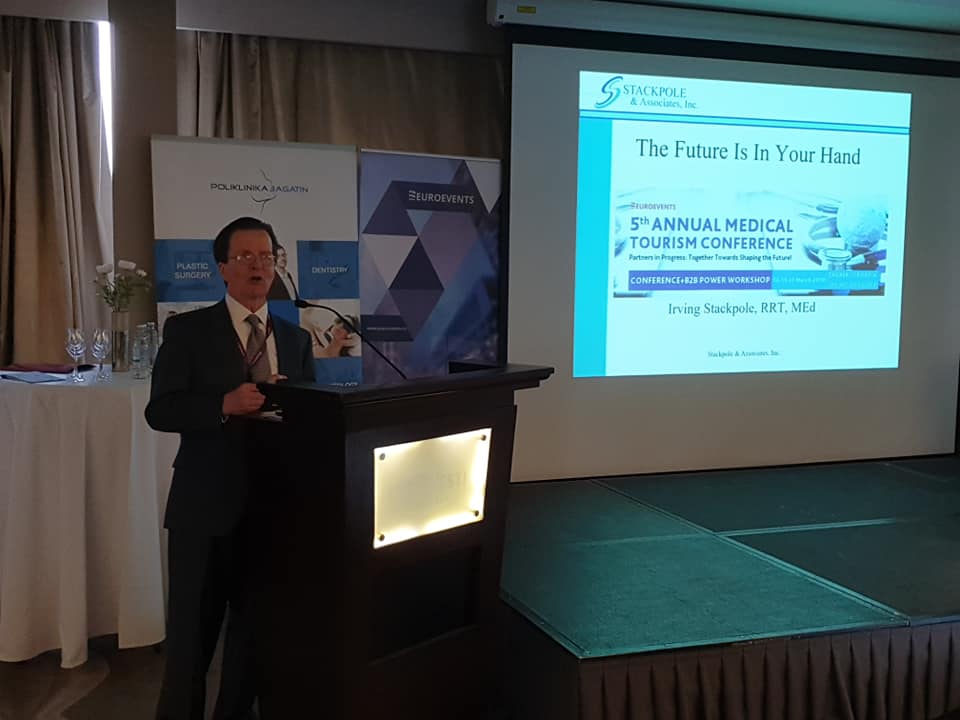
Irving Stackpole gave a stimulating presentation on the function of technology in the patients' journey, and how telehealth and telemedicine are already transforming healthcare and the relationship between patient and clinic. Both Stackpole and Ziemba will be back in Zagreb on March 26 for a niche workshop at the Bagatin Education Centre, as previously reported on TCN.
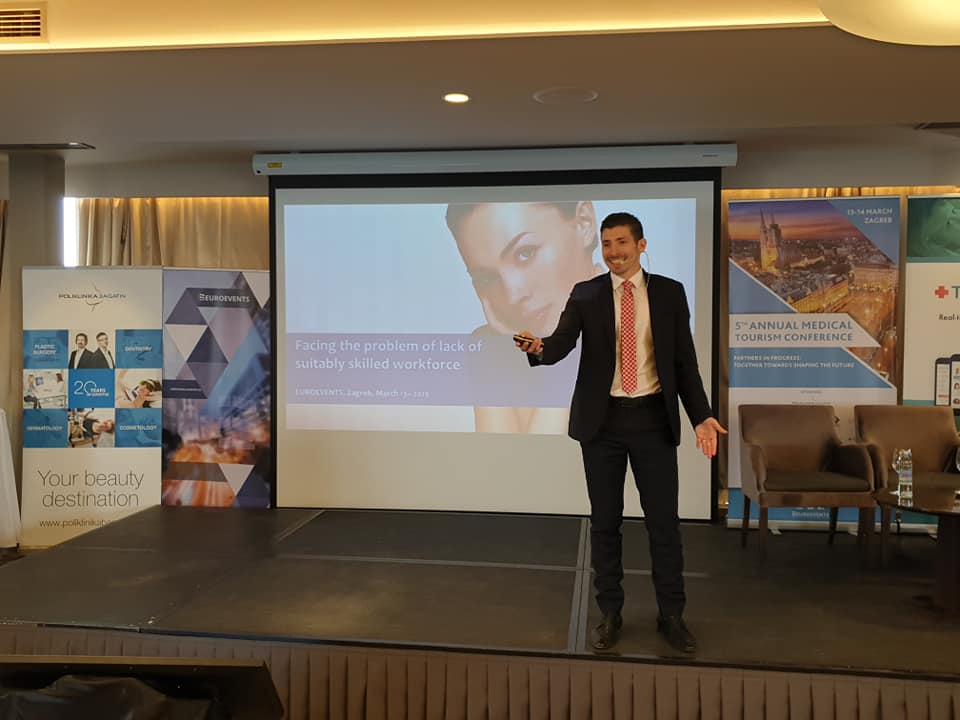
There was also local representation among the speakers, with Ognjen Bagatin, CEO of Bagatin Clinic in Zagreb (and now Split) talking on Facing the Problem of the Lack of a Suitably Skilled Workforce. It was the most high-tempo presentation of all, and one which I will dedicate another article to, for what is happening behind the scenes at Bagatin Clinic in terms of staff training is quite possibly unique in Croatia.
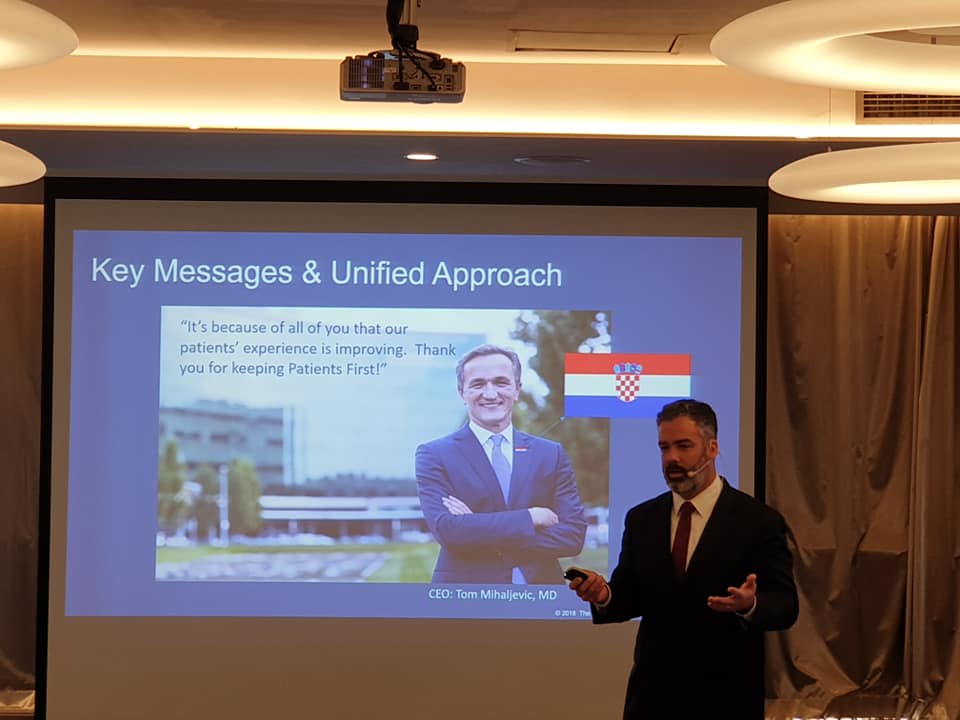
One of the biggest names in the world in patient care was also present, as Joe Sweet, Director of Cleveland Clinic's International Patient Experience, Joe Sweet, talked about Creating a Consistent Approach to High-Quality Patient Experience. With its 66,000 staff under new Croatian CEO Tom Mihaljevic, Cleveland Clinic was at the cutting edge of medical innovation. One new addition coming soon to enhance the patient experience, Sweet explained, will be the use of holograms to show and explain to the patient their individual situation. Sweet also did an interview with TCN before catching his flight back to the States, which we will publish soon.
The two-day conference, which was organised by Euro Events, continues today with a dedicated B2B workshop. A stimulating and educational two-days, as well as great chance to network and learn more how Croatia can develop its relatively untapped jewel.
Which is why it was surprising to see who was NOT at the conference.
With various official bodies coming together with great fanfare a few weeks ago to launch Health Spot Croatia, Croatia's hub for developing medical tourism, one might reasonably expect to see those stakeholders at such a quality conference.
I was certainly encouraged when I saw the programme. Both Zagreb Mayor Milan Bandic and Minister of Health Advisor Mate Car were due to give the opening remarks of the conference.
Neither appeared.
In fact, as far as I could see, only the Zagreb Tourist Board from the five key stakeholders from Health Spot Croatia came to the conference. No representation from the ministries of health, national tourist board, or chamber of economy.
Perhaps they have no need for such international expertise on their doorstep, and perhaps they have figured out Croatia's health tourism strategy all on their own.
A very stimulating two days, which TCN will explore in more detail in the coming days with interviews and features on Coulton-Shaw, Bagatin and Sweet.
To learn more about other conferences from Euro Events, visit the official website.
For the latest news from the Croatian medical tourism story, follow our detailed coverage.

